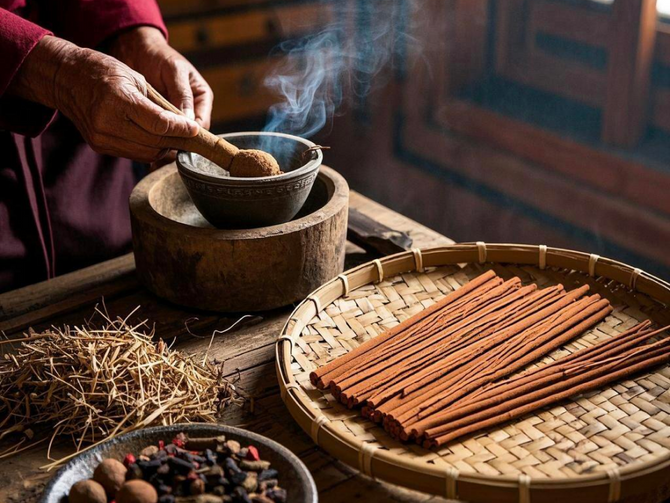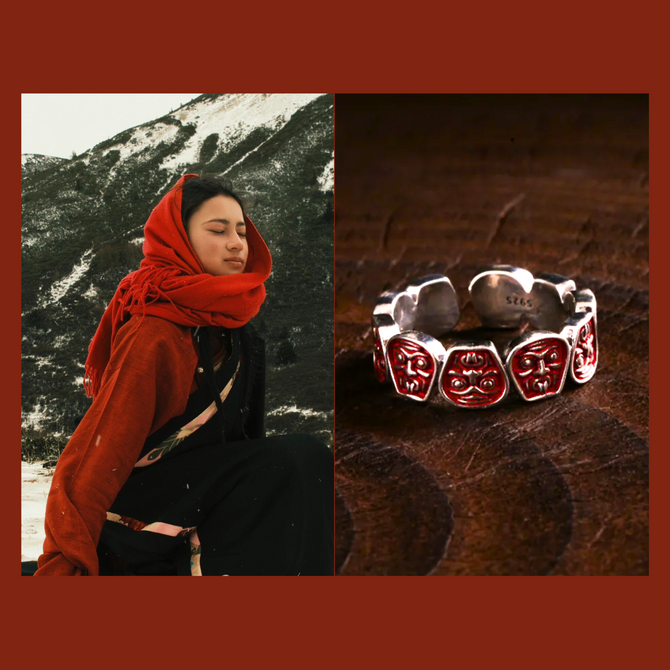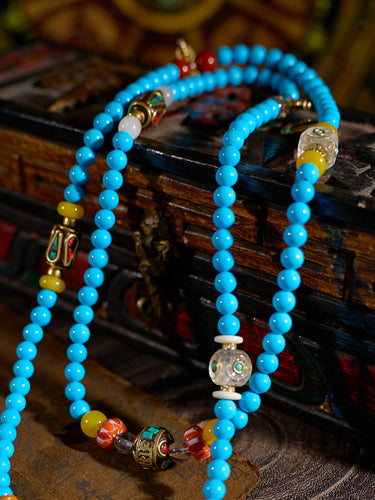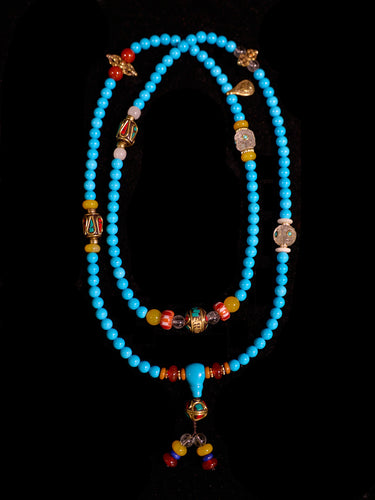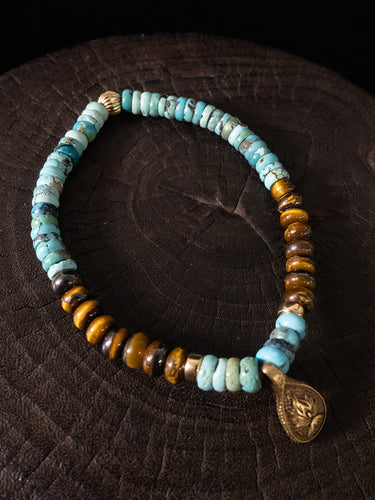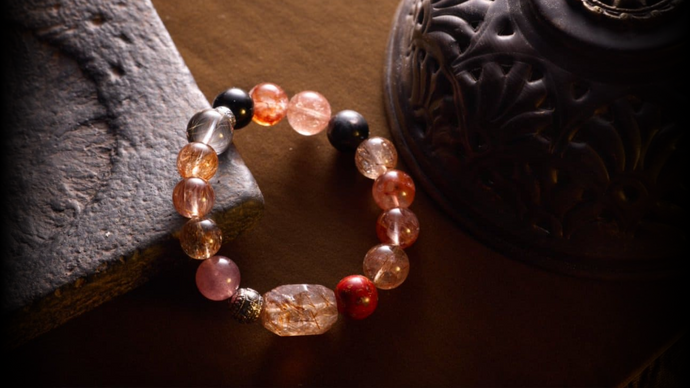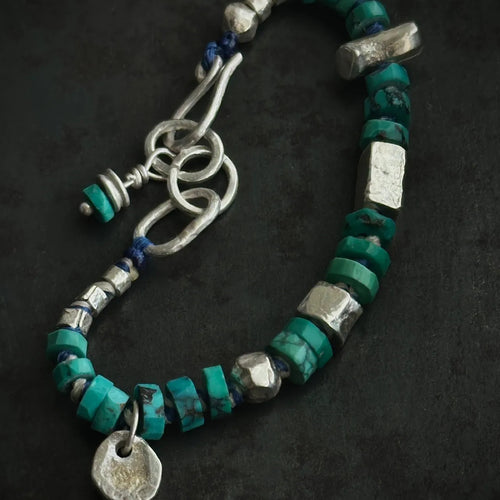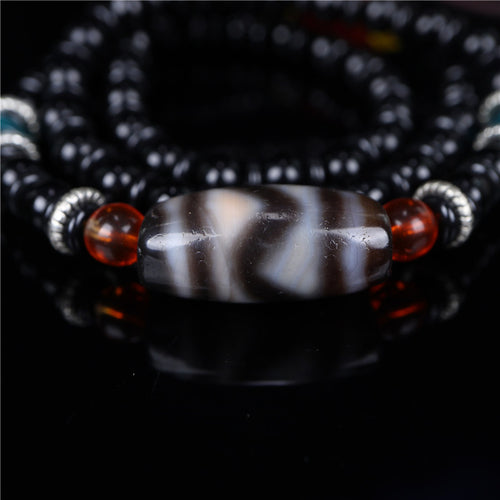Porcelain is a type of ceramic material known for its strength, durability, and translucent quality. It's made primarily from a fine clay called kaolin, along with other materials such as feldspar and quartz.
Key characteristics of porcelain include:
Composition: Porcelain is composed of kaolin clay, which is highly refined and pure, making it more plastic and less porous than other types of ceramics.
Firing Process: It's fired at extremely high temperatures, typically above 1,200 degrees Celsius (2,200 degrees Fahrenheit), which leads to vitrification—a process where the materials fuse together, creating a dense and non-porous material.
Translucency: High-quality porcelain can be translucent when held against light, allowing some light to pass through. This feature is especially notable in fine, thin porcelain pieces.
Strength and Durability: Porcelain is known for its strength and durability. It's less prone to chipping, scratching, and staining compared to other ceramics.
White Appearance: Porcelain is naturally white or has a pale color due to the high purity of kaolin clay. This color makes it a preferred material for tableware, tiles, figurines, and decorative items.
Versatility: Porcelain's qualities make it suitable for various applications, including tableware, bathroom fixtures, decorative objects, and fine art.
Porcelain has a long history and has been produced in different regions across the world. It's highly valued for its quality, elegance, and suitability for both functional and artistic purposes.


